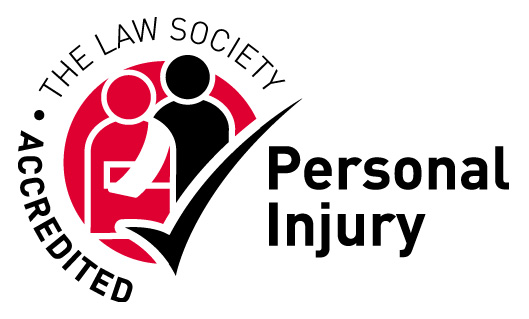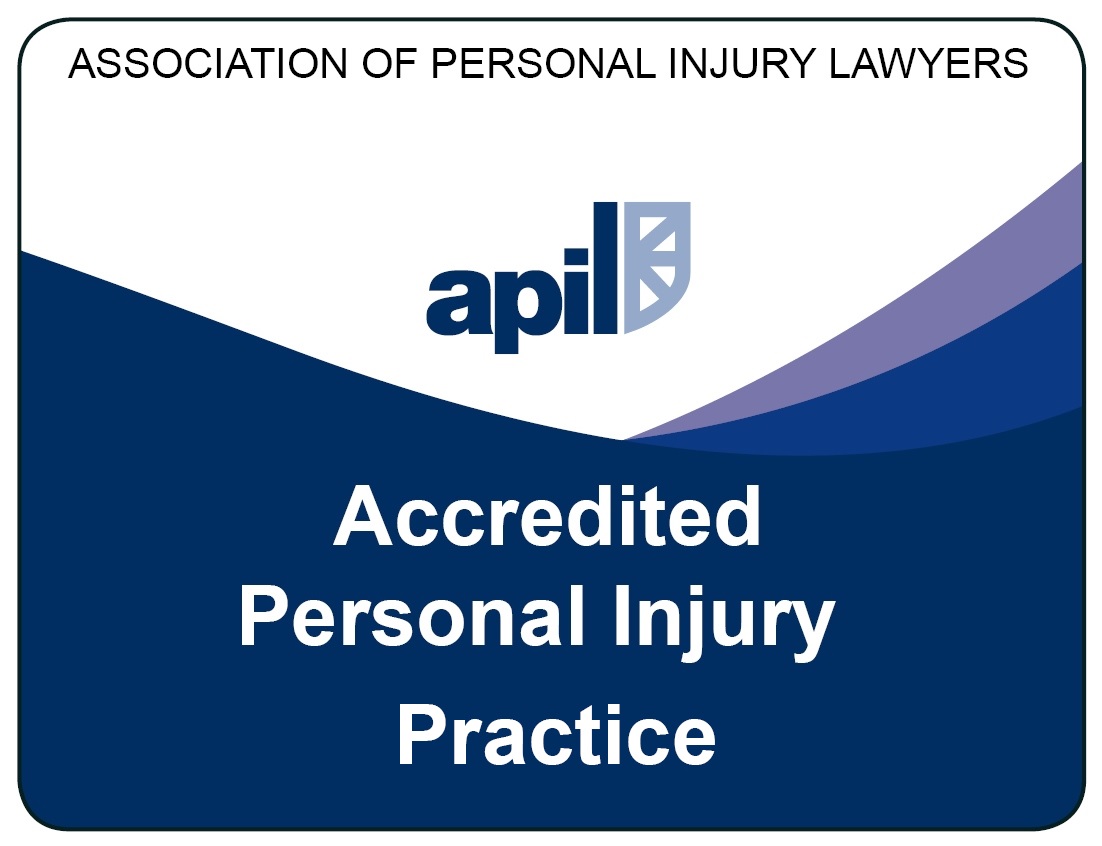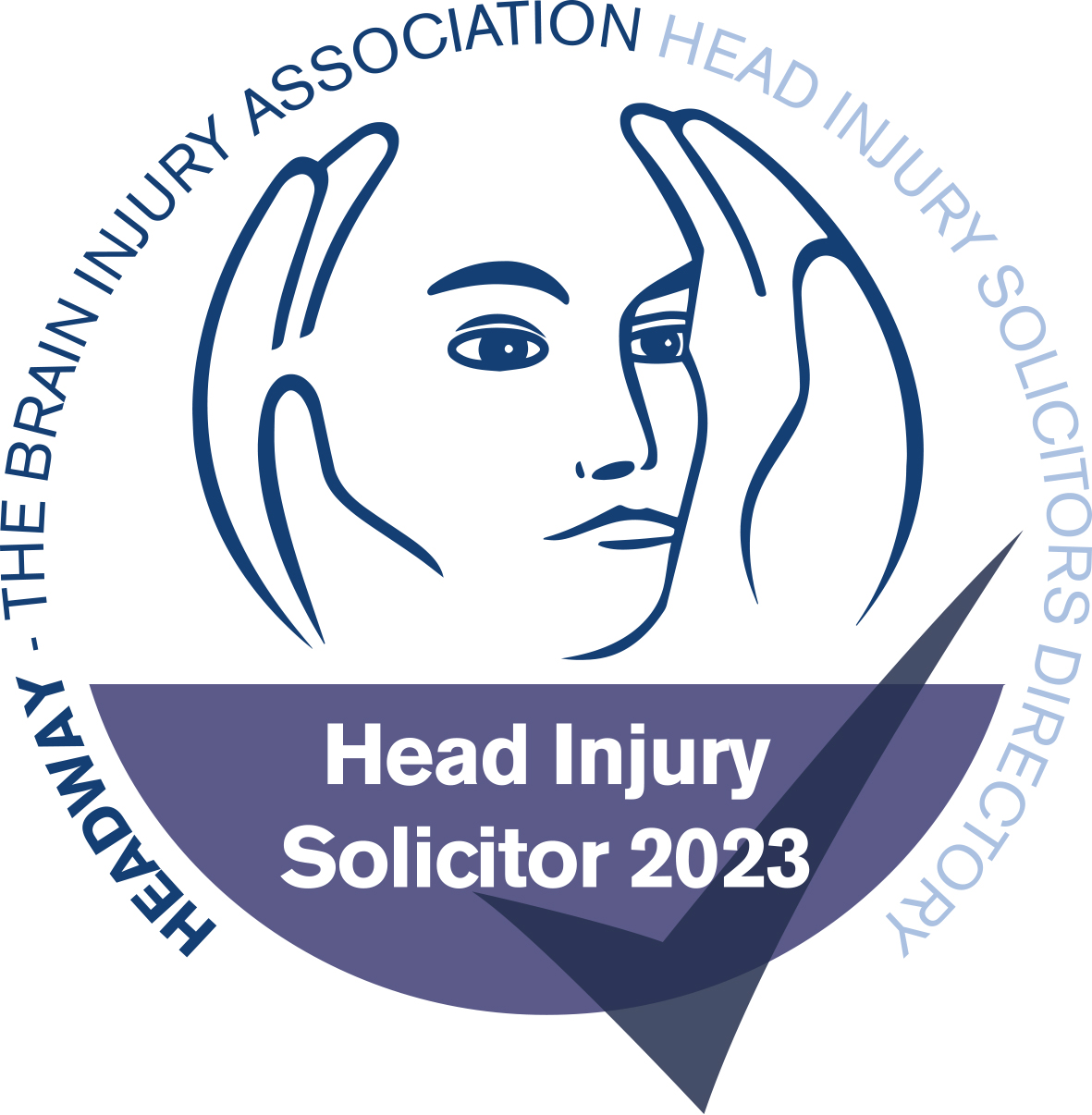



Guide To Making a Claim
Each year, millions of people experience accidents and suffer from illnesses at home, at work, on the roads, in the community and in hospitals. Sometimes, these incidents can happen because of the negligence of a third party. In these cases, it can be possible to make a personal injury claim.
At Jefferies Solicitors, we provide an initial consultation to advise you if you might be entitled to compensation.
The information below is intended to offer guidance; it has not been written as a replacement for legal advice. We recommend that you speak directly to a qualified personal injury lawyer if you have a question about the legal process.
What Will My Solicitor Need To Know?
Before having an initial consultation with a personal injury solicitor, it is useful to know the kind of information they will be looking for, including:
- Details of when your accident happened and exactly how it happened.
- Whether or not you are a member of a trade union (if you are a member, you may be entitled to free or reduced legal costs).
- Details of any witnesses to the accident.
- Evidence of a loss of earnings if your injury has resulted in you needing time off work. Documents related to other financial expenditures connected to your injuries may also be required. This could include travel receipts to and from medical appointments.
- Details of relevant insurance policies you have.
If we need to obtain any medical reports, we will make arrangements for these to be produced.
If we require additional paperwork from you throughout the course of your claim we will get in touch and ask for the documentation needed.
What Will My Solicitor Provide Me With?
Your solicitor will be able to advise you on how your case can be funded and details of the legal process you can expect to follow. They will also tell you how likely your case is to succeed and provide guidance on the amount of compensation you are likely to receive if you are successful.
How Does The Claims Process Begin?
At Jefferies Solicitors, once we have carried out an initial consultation, we will take care of the paperwork required to get your case underway.
A letter will be sent to you following an initial consultation with your solicitor. This will be a summary of the meeting you had and will confirm that they are happy to take on your case. It will highlight who will be your contact and estimate how long the process will take. The letter will also detail how you will be funding the case and an estimate of costs. If you need to provide any further information this will also be included.
A letter will then be sent to the defendant, providing details of the accident. The defendant has a fixed period in which they can reply and in their reply, they must state whether or not they are denying or accepting liability for your injuries. If they do accept liability, your solicitor will endeavour to settle the case out of court.
TRY THE ONLINE ELIGIBILITY CHECKER
How Long Does a Claim Take To Settle?
We aim to settle all claims as quickly as possible. The amount of compensation you receive depends on the injury you have received and importantly the length of time for which the injury will affect you.
If the defendant admits responsibility for your accident at the outset, your claim may settle within 6 months, although this is not always the case.
FACTORS THAT CAN PROLONG A CASE
There may be aspects of a case which inevitably take time, such as:
- We will have to carry out investigations which may take several months.
- We will have to obtain medical evidence. We will not ask you to attend a medical examination immediately after the accident as it may be that the full extent of your injuries cannot be accurately assessed until several months after the accident.
- We may have to wait until you have recovered sufficiently from your injuries before being in a position to value your claim.
- If the defendant does not accept responsibility for your accident then, assuming the evidence to support your case is strong enough, court proceedings may have to be issued.
- Although only a very small percentage of this type of case ever comes to trial, it is not unknown for cases to take up to a year or so from the commencement of court proceedings to conclude.
- However, even if proceedings are issued, it is always open to the defendant to make an offer of settlement at any point during the process.
Please remember that, in spite of all the above possibilities, we will do everything we can to ensure that your claim is settled as quickly as possible.
Part 36 Offers
The value of your claim will be estimated by your legal team and you will need to state how much compensation you are willing to accept. At this point, you can write to the defendant with an ‘offer to settle’ for the amount you are willing to accept. This arrangement is called a Part 36 offer and your solicitor will advise you whether or not you should make one of these.
If the other party agrees to the amount you have proposed, you will not need to go to court. Sometimes, the defendant can make their own Part 36 offer before you; if this is the case, your solicitor will advise if you should accept the offer.
Will I Have To Go To Court?
If you are unable to reach an agreement with the opponent, then your solicitor will advise you whether or not to take further legal action. This may involve going to court in order to pursue the amount of compensation you believe is fair.
Your case will be taken to a judge who will decide when your case will be heard and your solicitor will advise you of any preparations that need to be made prior to the court hearing.
How Can I Fund My Claim?
You may have concerns about how you are going to fund a compensation claim. There are different funding options available and your solicitor can advise you on these.
Legal aid is no longer an option for personal injury cases in the UK. If you choose a no win, no fee agreement, then you will be liable to pay a success fee to your solicitor, but you are not liable to pay any legal fees until a settlement is reached. If a lawyer thinks you have a strong case, they will usually offer this form of funding. Private funding options are often available if it is not possible to conduct your case on a no-win, no fee basis.
Some insurance policies provide legal expense insurance and this can be another way of funding your case. Taking out an After the Event Insurance (ATE) policy is also an option if there is a chance you could lose your case. This policy will pay for your opponent’s costs and medical reports; your solicitor will be able to apply for quotes on your behalf.
When Is The Right Time To Make A Claim?
You should start the legal process as soon as you are able to. Often, after an accident, there are other matters to take care of but starting a claim as quickly as you can is helpful. Starting early will mean that you have a clearer recollection of the events that took place and the sooner a lawyer can start work on your case, gathering all the relevant information and evidence.
Are There Any Time Limits In A Personal Injury Claim?
In almost all areas of personal injury, there is a time period of three years in which you can pursue compensation, starting from the date you had knowledge of your illness or injury. Exceptions to this rule include industrial disease cases e.g. those related to mesothelioma. In these cases, the onset of symptoms is a significant period of time (often 30-40 years) from the original exposure to asbestos which causes the disease.
Also, if the claimant is under 18 years of age or has a mental disability, this time period can change. If an individual dies during the legal process, then the start date can revert to the date he/she died.
How Much Compensation Am I Entitled To?
The amount of compensation you could be entitled to can vary greatly. The biggest indicator of the value of a case is the seriousness of the injury or disease. The amount of compensation you will receive is linked to the levels of pain, suffering and loss of amenity your disease or accident has caused you. How your injuries will affect you in the future will also be considered e.g. if you will be able to work again.
Special damages are those which relate to specific financial expenses made in relation to your illness, for example, if you have had to pay for medical care or if you have experienced a loss of earnings. Keeping all the receipts linked to your illness will mean that in most cases, you are also able to recover these costs.
Making A Claim With Jefferies Solicitors
If you would like more information regarding the personal injury claims process, please get in touch with our expert team by calling 0800 342 3206 or by making an enquiry online.
Read about Our App a mobile application that uses the latest technology to keep you upto date and in touch with your case 24/7.
READ CLIENT REVIEWS




